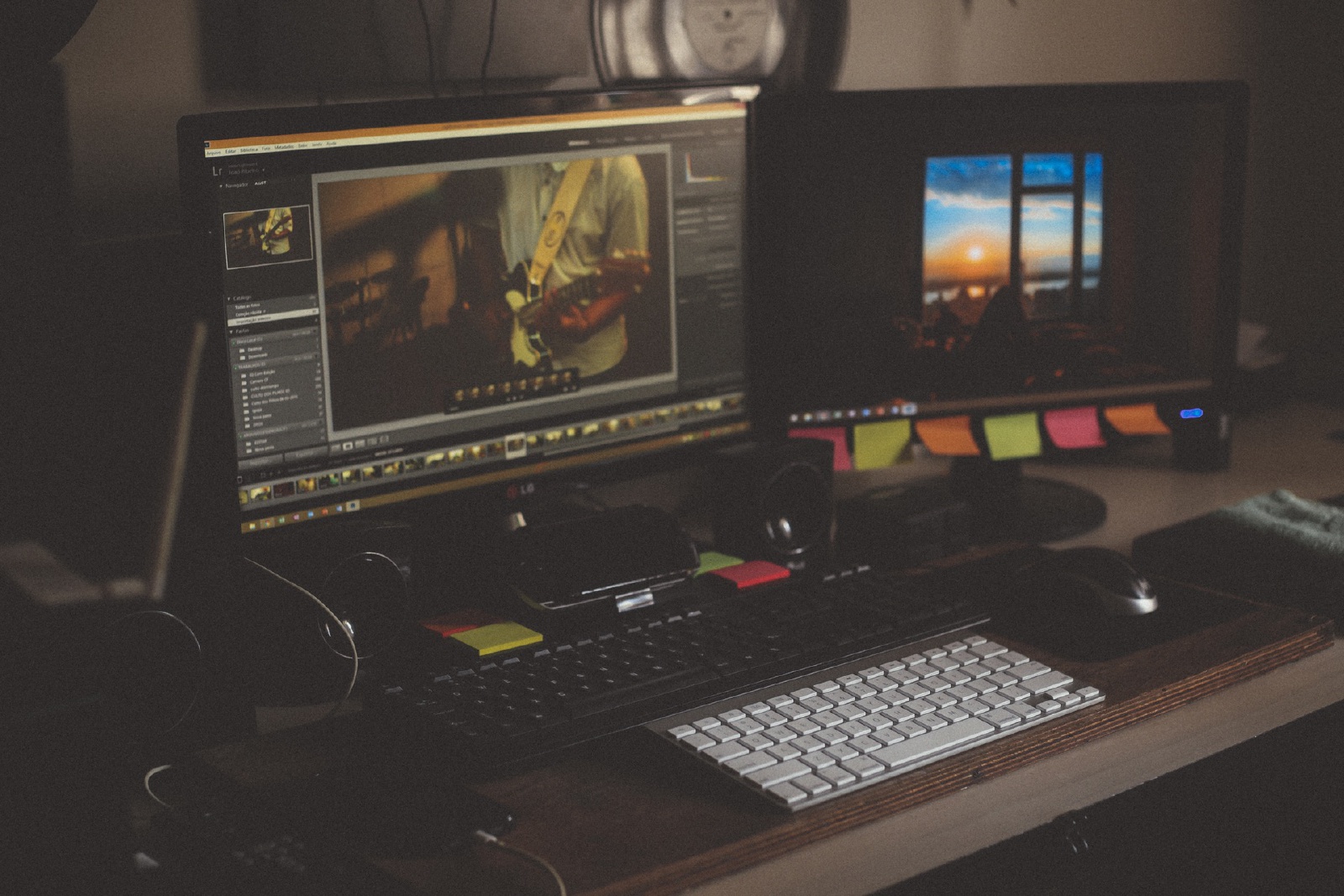How to Make Your PC Run Faster
Jun 08 2015
Is your sluggish PC ruining your office efficiency? Ever wish your PC ran as fast as the day you bought it? If you ever considered improving your PC’s performance you may have noticed that the options are overwhelming. From forums screaming for RAM upgrades, to antivirus ads promising improved performance, it’s hard to prioritize and determine which upgrade will do the most good for your computer. Here’s a few tips on improving your PC’s performance.
Let’s begin with the basics: things you can do to speed up your PC right now.
Install Unwanted Software
PCs often come with software that you’ll likely never touch and is simply taking up space. Referred to as “bloatware,” you can navigate to Control Panel > Program and Features to uninstall the programs you don’t need. It’ll save you hard drive space and improve performance.
Disable Startup Program
Is your computer taking minutes to start up? It may be trying to open too many applications on boot. To increase your startup time, you can configure which programs you want to open on boot through the System Configuration menu. To access this, type “msconfig” into your search bar and press enter. A window will open and you can click on the startup tab to choose which programs you want to launch. I recommend only having programs you use consistently boot up with Windows. This will drastically improve your boot up time and result in less lag when Windows starts.
Defrag
If you are running a hard drive, it is a good idea to defrag periodically. Defragging will block memory together so that your drive can access it quicker. If your primary drive is a hard drive, it’s a good idea to schedule a defrag once a week. If you are using an SSD however, a defrag is unnecessary since memory is accessed instantly. Windows has a built in defragger that can be accessed from Start Button > All Programs > Accessories > System Tools > Disc Defragmenter
Third Party Cleaners
Third party cleaner programs can be a great way to clear the registry, wipe the cache and speed up your PC significantly. Always check reviews before downloading a third party cleaner. One cleaner I recommend is CCleaner. CCleaner is able to clean unneeded application files, the registry, and even the recycle bin.
Be sure to run these fixes periodically to ensure consistent performance.
Hardware Upgrades
RAM
You may often hear that more ram is synonymous to improved performance and it’s true to a certain degree. RAM is particularly important if you run many applications at once. The more RAM you have, the more applications you can run at a time. If you surpass your RAM limit, your computer will start writing virtual memory to your hard drive. In other words, your computer will run slowly. 2GB RAM can be consumed pretty easily so try to get at least 4.
SSD
If you only had enough for one upgrade to your PC, I’d highly recommend getting an SSD as your primary drive. The SSD has revolutionized computing in the past several years and offers the most noticeable boost in performance. Your computer will boot up instantly and your applications will open up much faster. If the low storage space is limiting, I recommend pairing your SSD with a hard drive or switching to a cloud solution for storage.
With these upgrades and maintenance, your computer will be running at peak performance and you’ll be able to work at peak efficiency.
